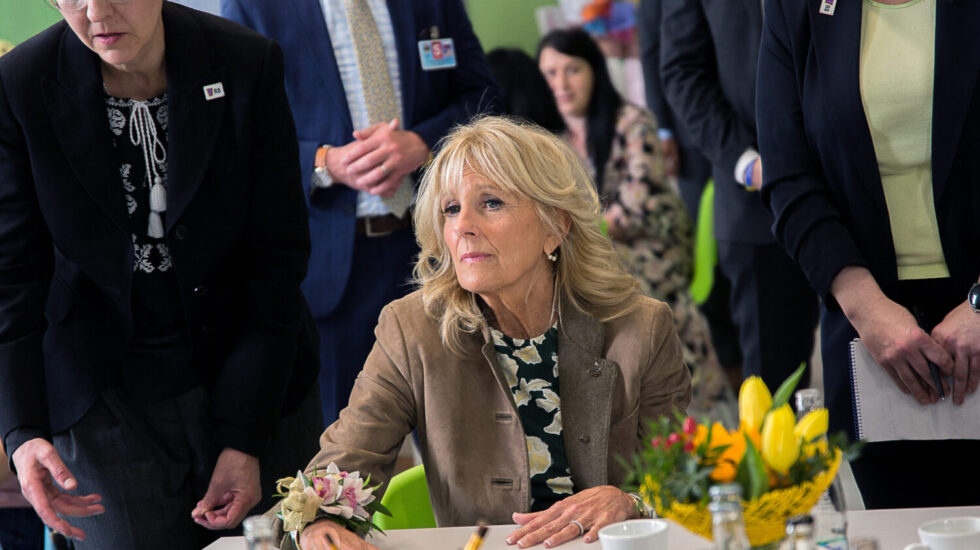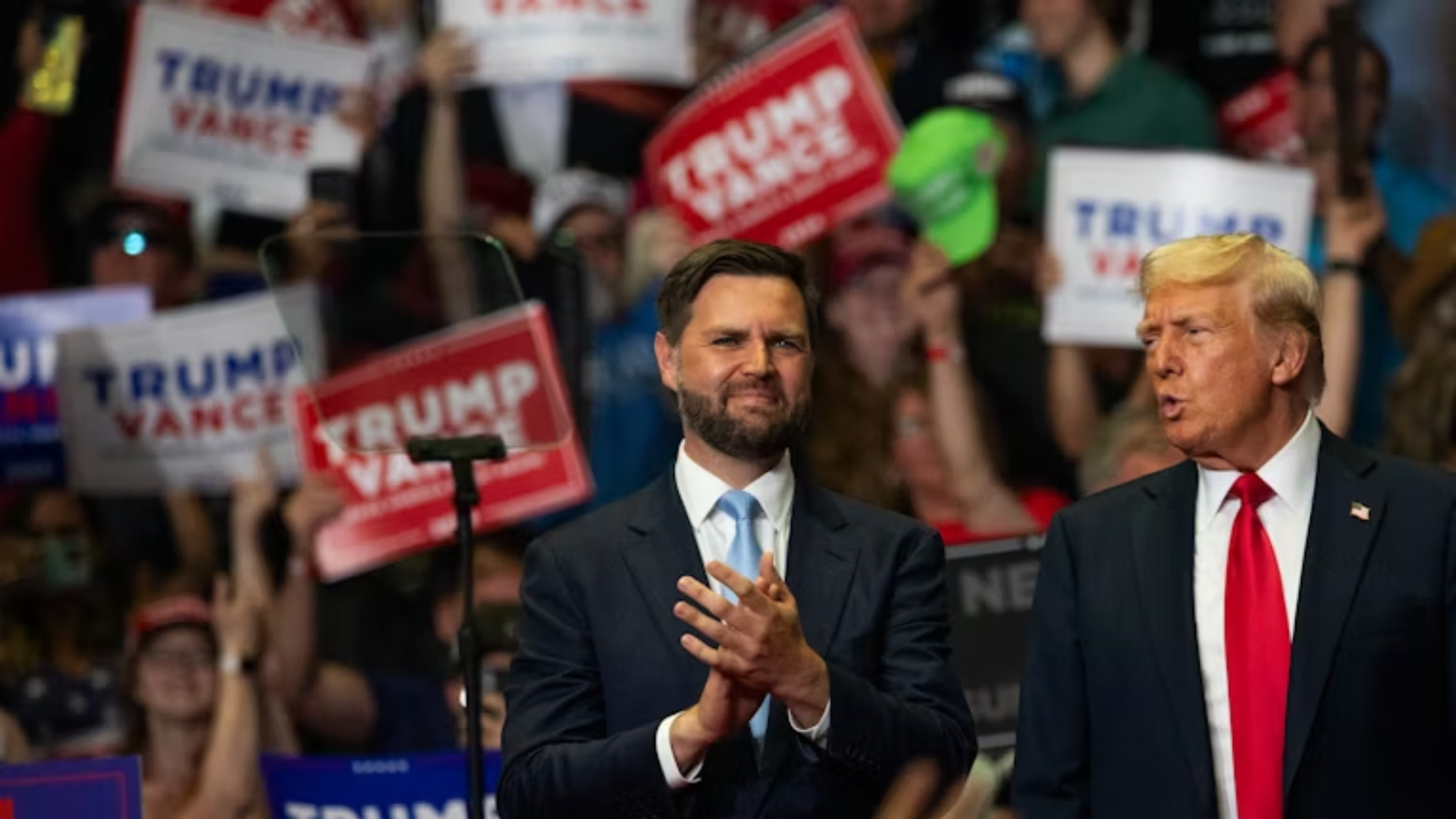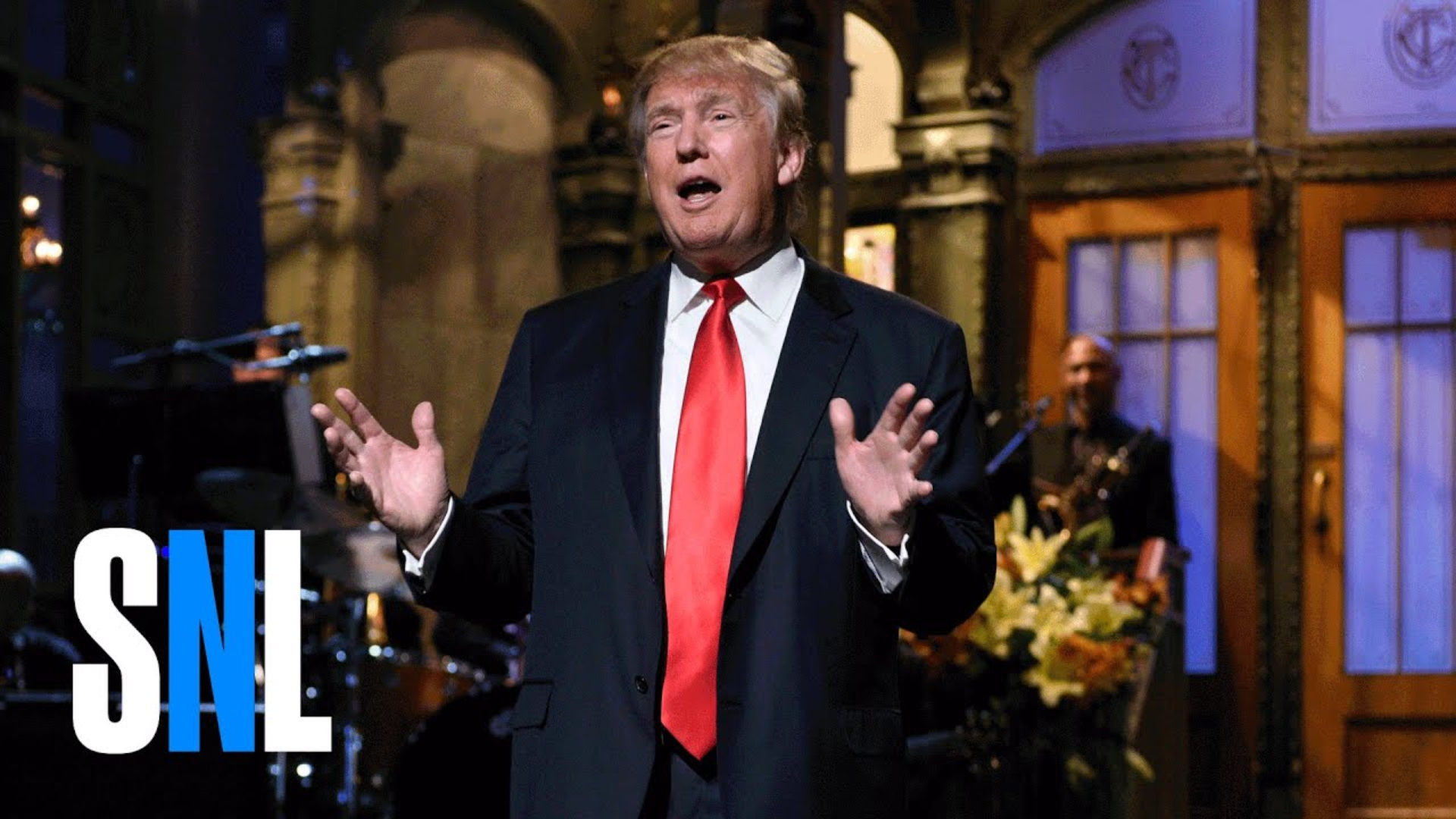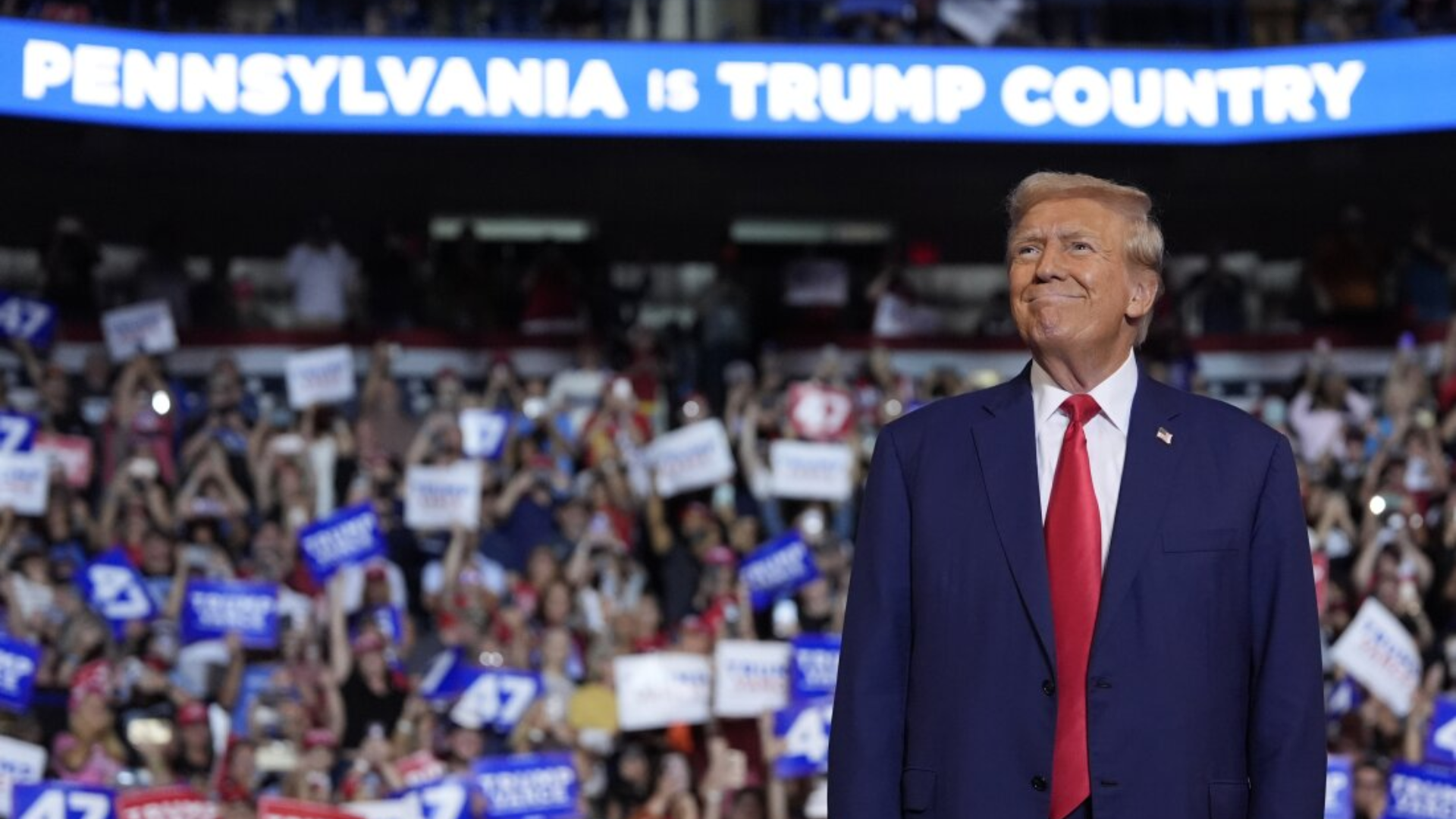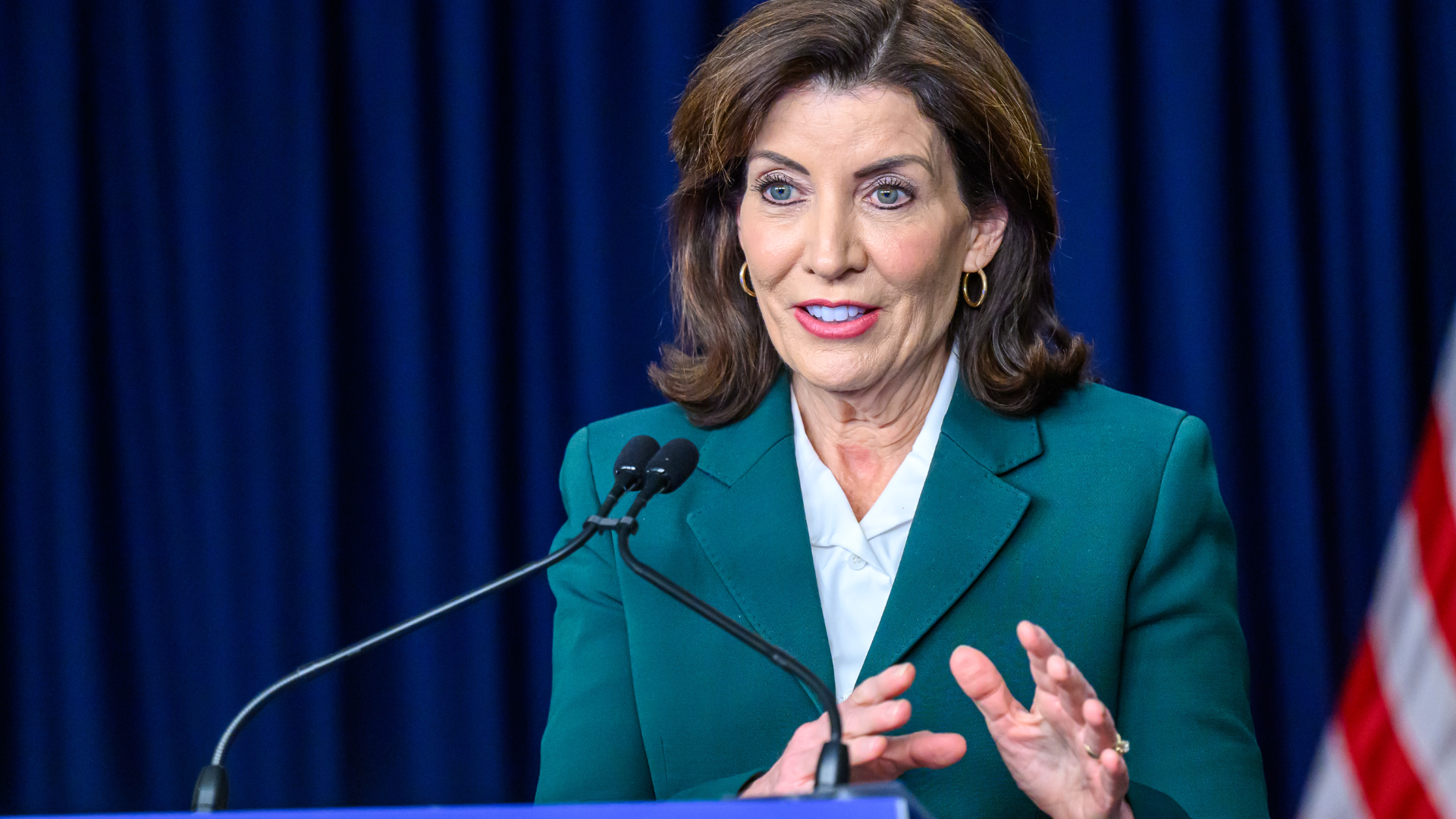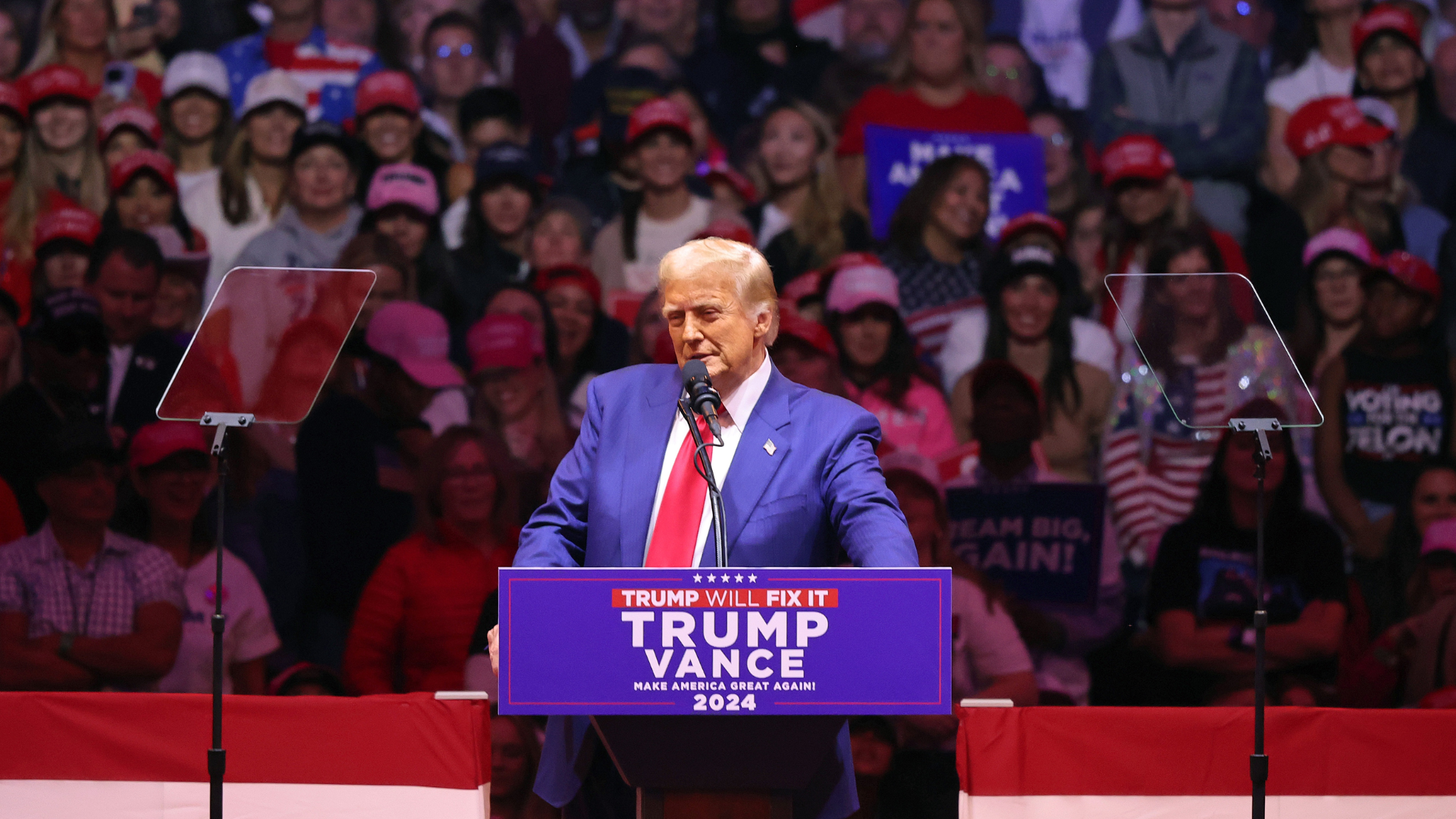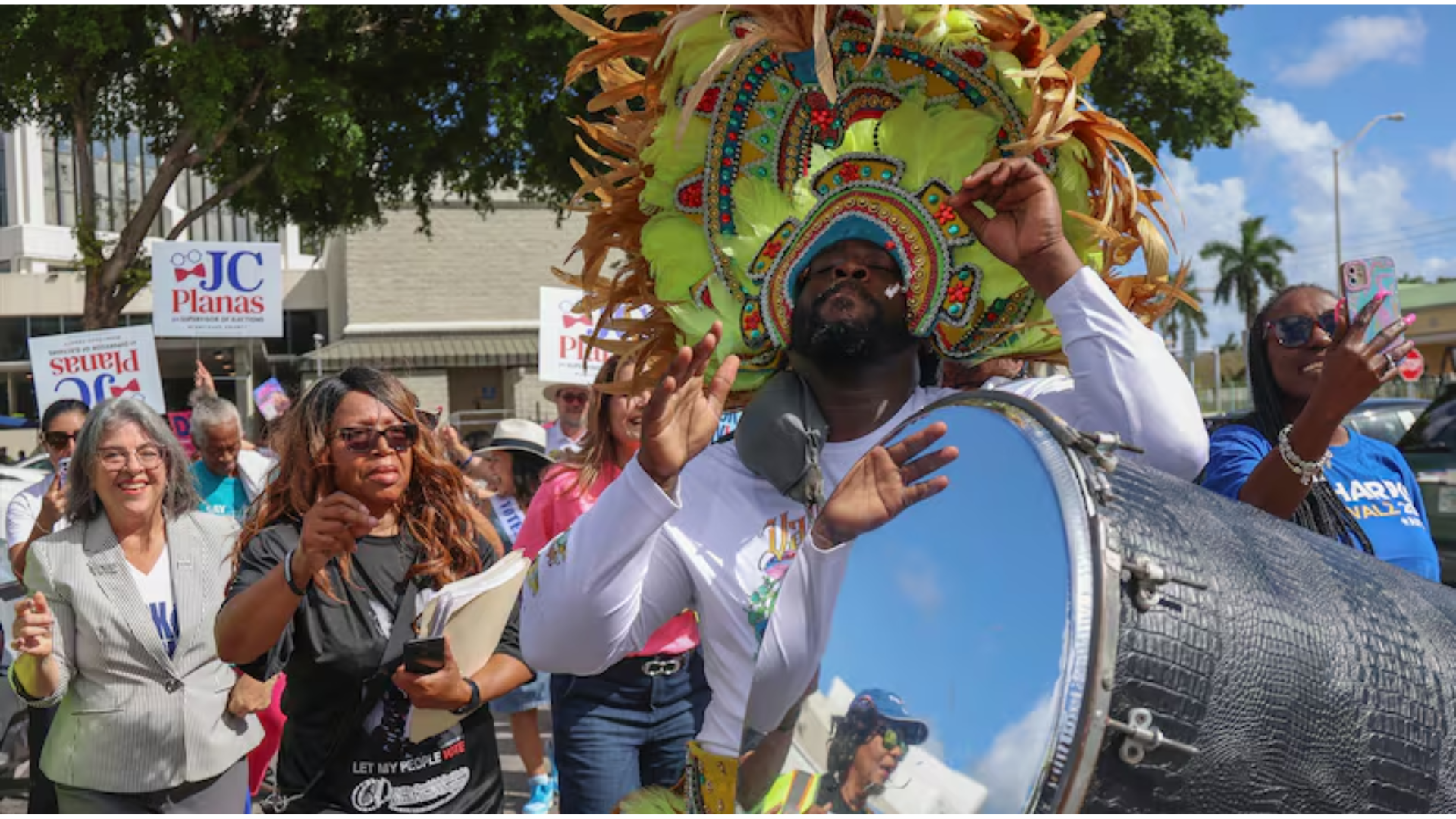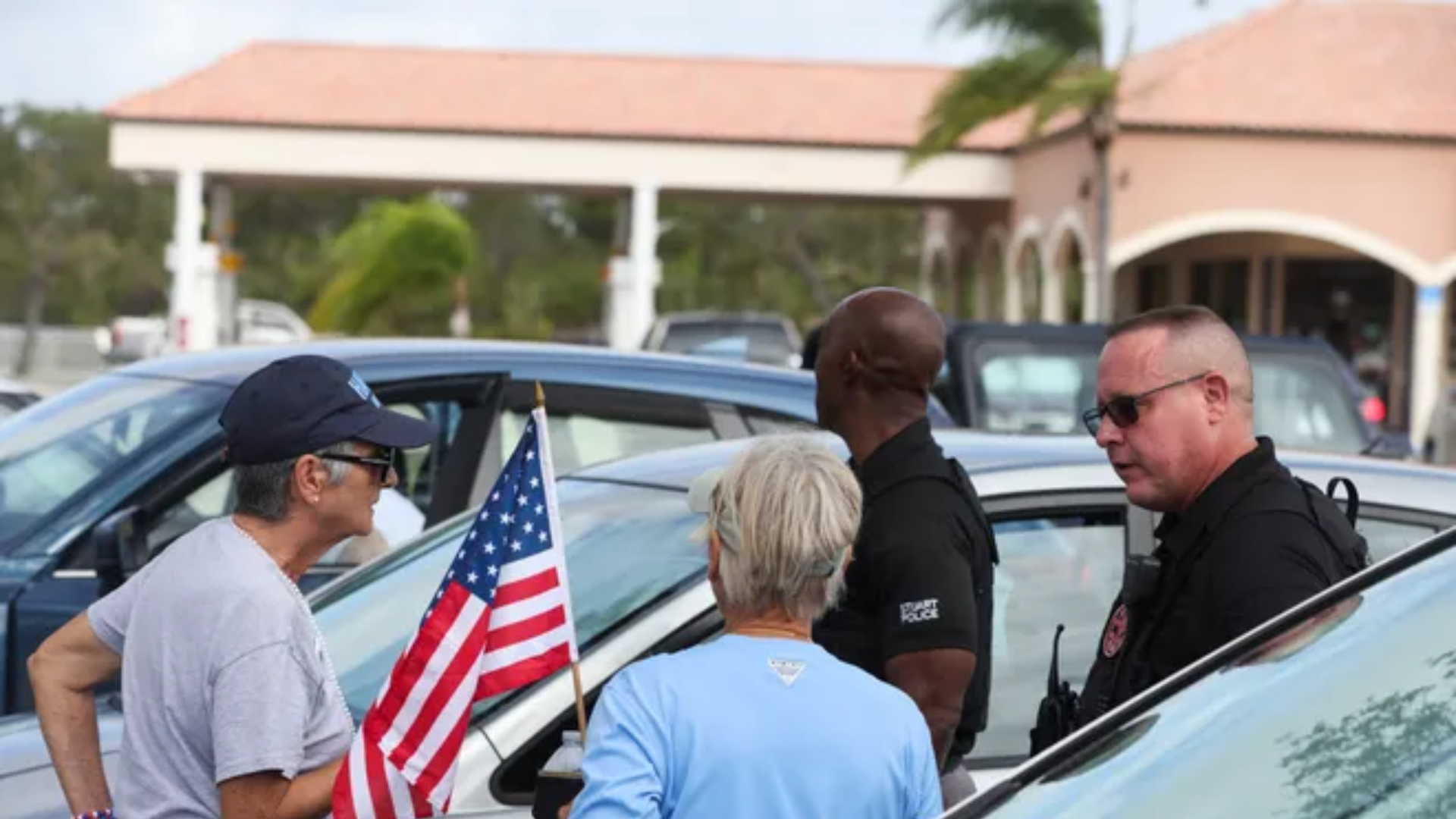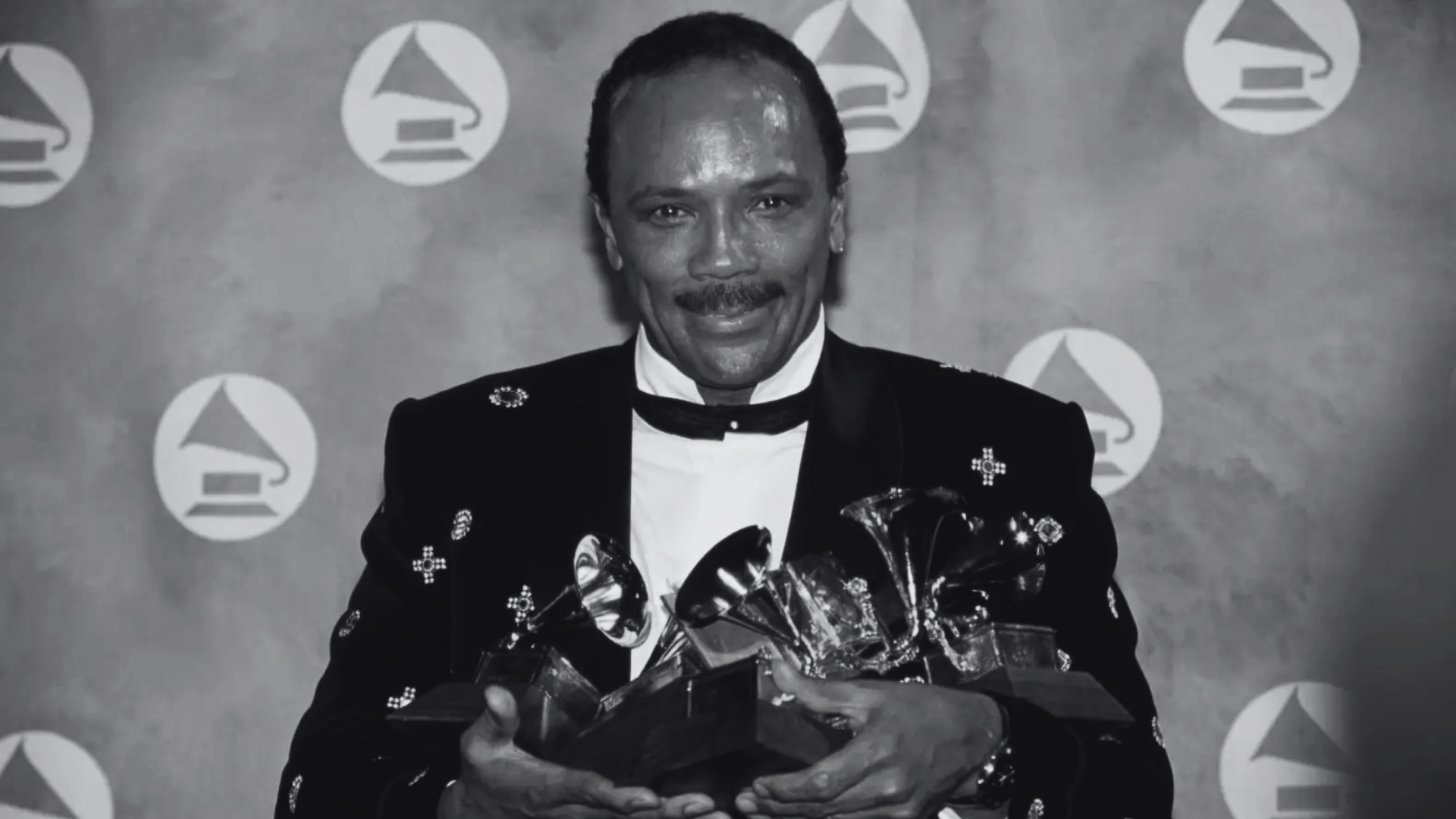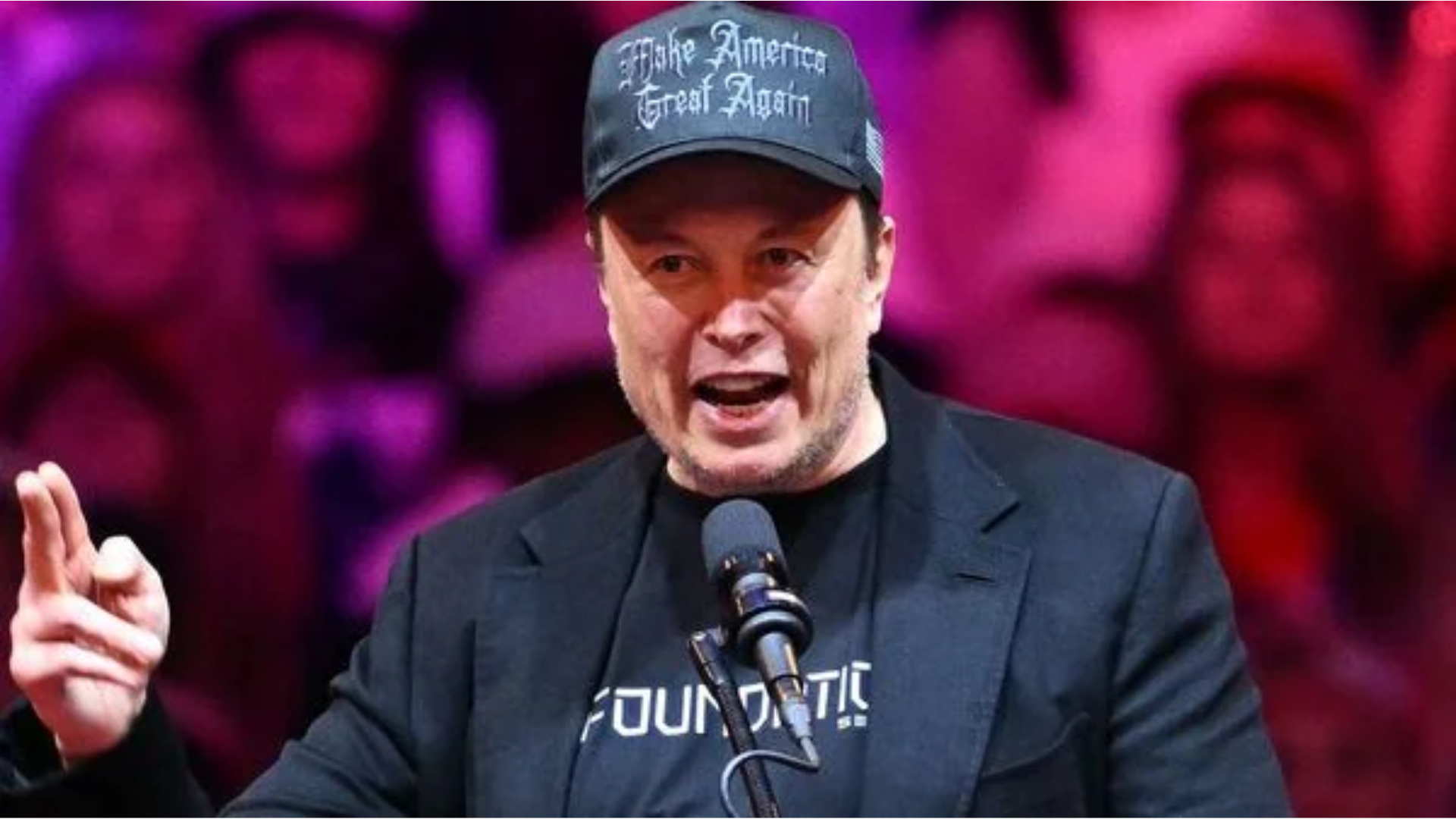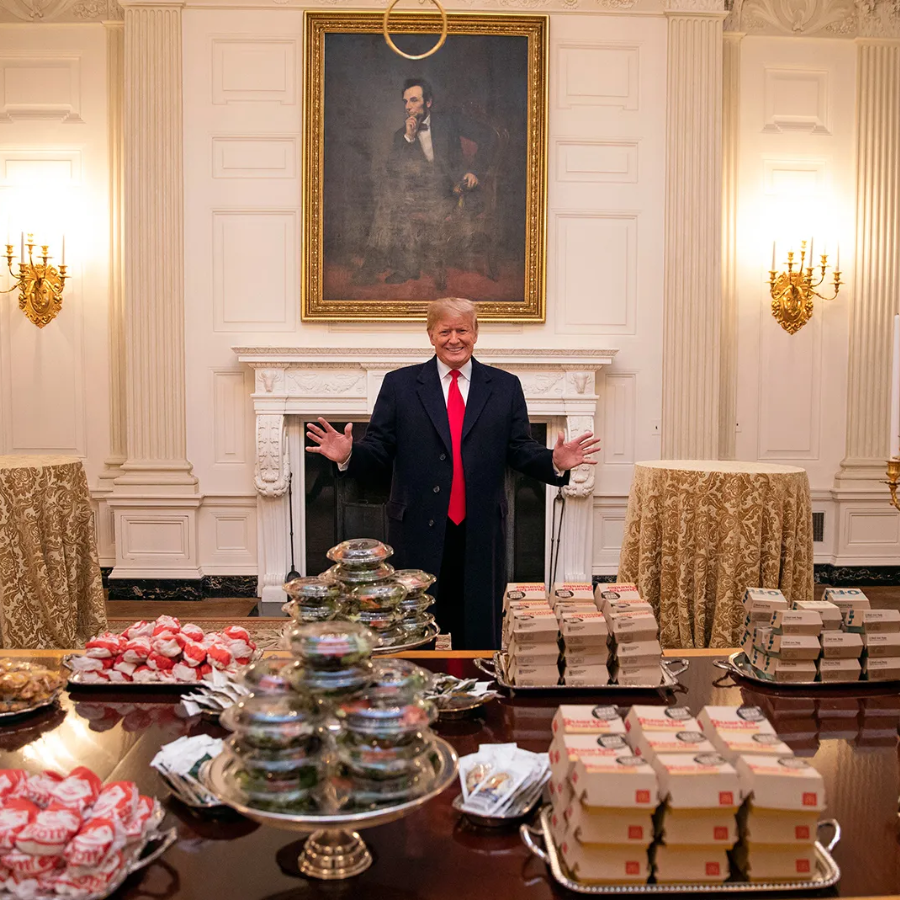
In the final days of his third White House bid, Donald Trump has turned his attention to an unexpected target: McDonald’s. The fast-food giant, a symbol of American culture, has become part of Trump’s strategy as he continues to critique his Democratic rival, Vice President Kamala Harris.
Trump’s plan to visit a McDonald’s in Pennsylvania, where he intends to work as a fry cook, highlights his efforts to question Harris’s past and her connection to the chain.
Trump vs. Harris: The McDonald’s Controversy
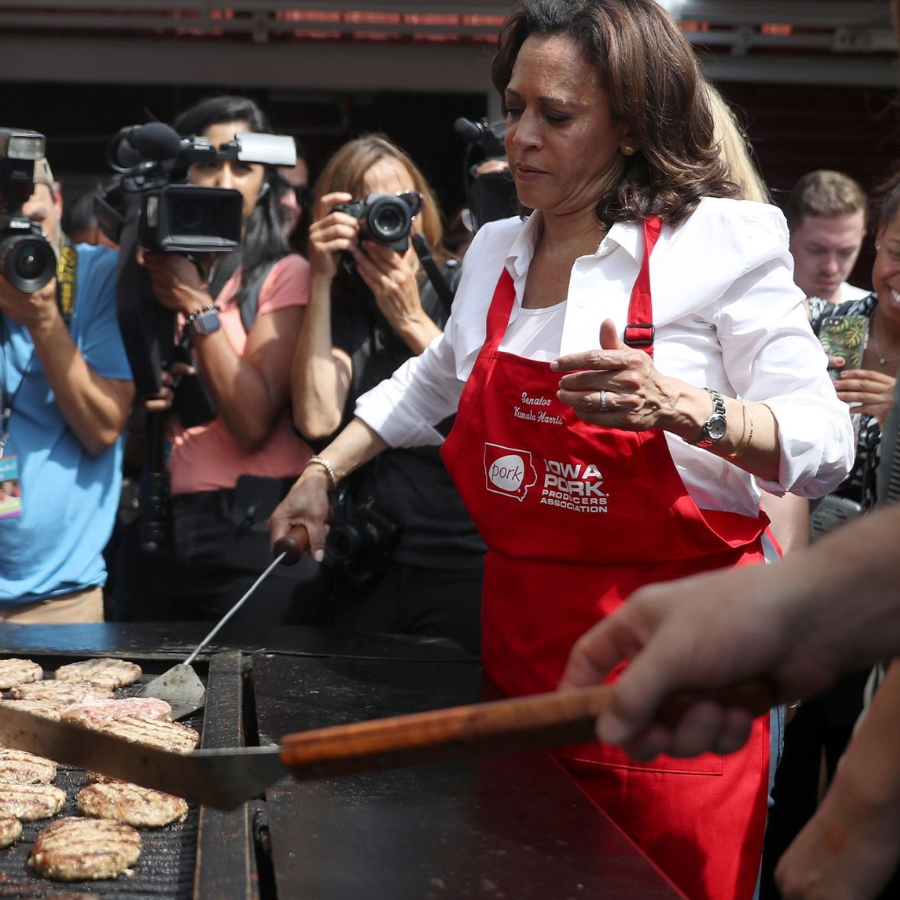
Kamala Harris has previously mentioned working at McDonald’s as part of her middle-class upbringing, a key point in her campaign narrative.
She claims to have held the job while attending Howard University in 1983, working as a cashier and on the fry station. Trump, however, has been skeptical of this story, frequently accusing Harris of fabricating her past employment without presenting any evidence.
During a rally in Pennsylvania, Trump announced his upcoming visit to a McDonald’s franchise, stating, “I’m going to McDonald’s to work the french fry… I’m going to stand over that french fry.” This visit seems to be his latest attempt to cast doubt on Harris’s personal story and challenge the authenticity of her biography, which has been central to her appeal to middle-class voters.
Despite these accusations, Harris’s campaign has largely ignored Trump’s claims, choosing not to engage with his remarks.
However, a campaign official confirmed that Harris did, in fact, work at a McDonald’s in Alameda, California, during her college years. This detail has been repeatedly mentioned in her campaign to highlight her working-class roots, contrasting sharply with Trump’s background of wealth and privilege.
Trump’s History with McDonald’s and Political Attacks
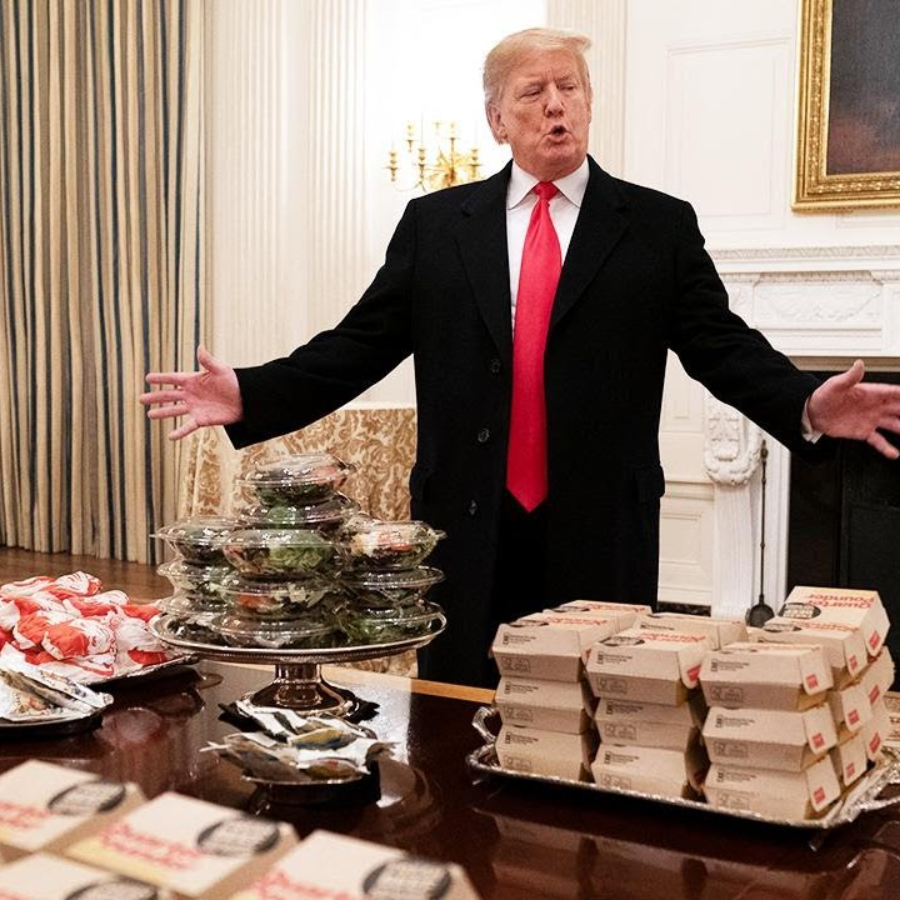
Donald Trump’s relationship with McDonald’s is well-documented. Over the years, he has publicly expressed his fondness for the fast-food chain, often citing it as a personal favorite.
He famously dined on fast food during his presidency, once serving a spread of burgers and fries to the Clemson football team after their national championship win. His love for fast food also became part of his narrative during the COVID-19 pandemic, with reports that he requested his favorite McDonald’s meal—Big Mac, Filet-O-Fish, fries, and a vanilla shake—during his recovery.
This affection for McDonald’s has allowed Trump to use the chain as a relatable tool in his campaign, particularly as he seeks to portray Harris as out of touch with everyday Americans. Trump Jr. even joined the fray, stating in a recent interview that his father knows the McDonald’s menu better than Harris ever did.
But Trump’s focus on McDonald’s isn’t just about food. He has a long history of using personal stories to undermine his political rivals.
From questioning Barack Obama’s citizenship in the debunked “birther” movement to floating conspiracy theories about his opponents, Trump often targets the credibility of others to gain an upper hand. His recent obsession with Harris’s McDonald’s story is part of this broader pattern.
The Impact on the Campaign
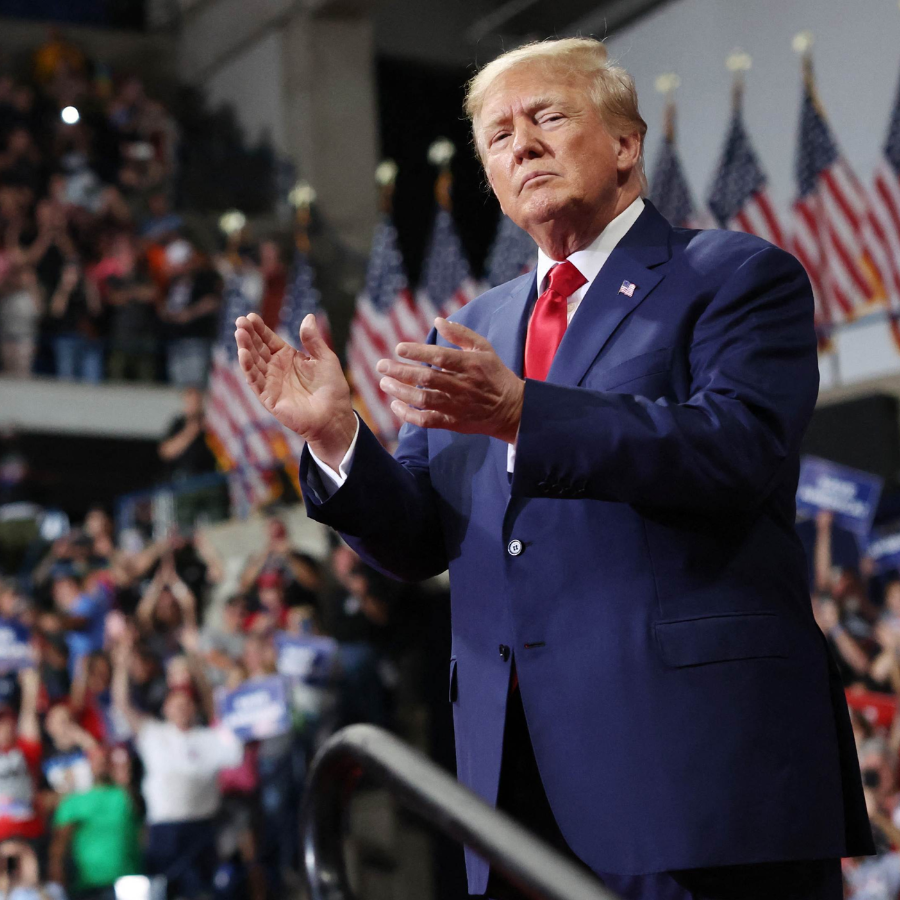
As Trump nears the end of his campaign, his continued attacks on Harris’s background and the focus on McDonald’s may be seen as a strategy to shift attention away from more pressing political issues. By focusing on a seemingly trivial part of Harris’s past, Trump is once again attempting to dominate the narrative with personal attacks.
However, it remains unclear how effective this strategy will be in swaying voters. Harris’s team has not engaged with Trump’s claims, choosing instead to focus on policy matters and her vision for America’s future.
Additionally, while Trump’s connection to McDonald’s may humanize him to some voters, it does little to address concerns about the broader issues facing the country, including the economy, healthcare, and foreign policy.
In the end, Trump’s use of McDonald’s in his campaign may serve as a distraction, but it also reflects his ability to turn even the smallest details into major political talking points. Whether this tactic will resonate with voters remains to be seen, but it continues to shape the final stretch of an already contentious election.
